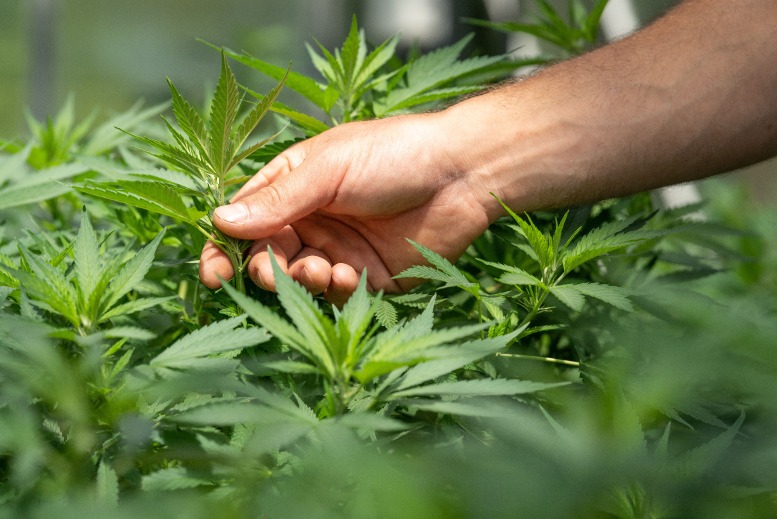
CBD (cannabidiol) and THC (tetrahydrocannabinol) are two common types of cannabinoids found in cannabis or hemp plants. Both chemicals offer powerful health benefits but are different extracts with varying properties.
If you're confused by the differences between these two types of cannabinoids, don't worry! This article will explain the difference between CBD and THC.
Cannabidiol, or CBD, is an anti-inflammatory compound found in cannabis sativa plants. It’s one of over 100 compounds found in cannabis plants.
CBD is one of the most talked-about wellness products today, with medical professionals and consumers worldwide touting its benefits. It has been shown to have antioxidant, neuroprotective, and anti-anxiety properties. CBD products are commonly in the form of gummies, oils, tinctures or incorporated into other wellness products.
Often called delta-9, THC is a psychoactive ingredient in cannabis plants. This compound is responsible for a sensation of deep relaxation and euphoria, otherwise known as the "high" or "stoned" feeling. It has also been shown to have therapeutic qualities, including analgesic, appetite-stimulating, and sedating properties. Like CBD, THC is also available in oils, tinctures, smokable products, and more.
Both CBD and THC are chemical compounds that occur naturally in the cannabis plant. They both have the potential to affect your health, but how do they differ? Let’s take a look below:
While both are cannabinoids, their effects on the body are slightly different. The most notable difference is that CBD doesn't produce any psychoactive effects. In other words, it doesn't get you high as THC does. Instead, it leaves you feeling clear-headed. Meanwhile, THC is known for producing a sense of euphoria or high-like effects.
CBD and THC are both famous for wellness and medical purposes. Besides health benefits, CBD is an excellent addition to any wellness regimen. Meanwhile, THC is known for its recreational benefits (due to its euphoric effect). Like CBD, it may assist with some health conditions, such as insomnia and low appetite.
Similar in structure, CBD and THC share the same number of carbon, hydrogen, and oxygen atoms. The differences arise in how these atoms are arranged, producing profoundly different effects on the body. Their pharmacological effects differ in both their medical and recreational benefits.
Laws regarding the legality of cannabis in the United States vary per state. Hemp-derived CBD is legal in almost 50 states in the U.S. as long as it contains 0.3% (or less) THC. At the federal level, the use and distribution of THC is illegal. As a result, it’s illegal to use or prescribe in any state that doesn’t allow its use. Hence, always refer to your state laws.
The bottom line is that THC and CBD are both cannabinoid extracts from cannabis and hemp plants. However, note that consuming CBD won’t make you high. If you’d like to reap the benefits of cannabis plants without the intoxicating effects, CBD may be the perfect option.
For your wellness and health, purchase CBD products at the HOH. We offer various CBD products in the form of oils, tinctures, gummies, and more!
Disclaimer
The products on this site are not for use by or sale to persons under the age of 21. Furthermore, they should be used only as directed on the label, and should not be used if you are pregnant or nursing. Always consult with a physician before use if you have a serious medical condition or use prescription medications. In general, a doctor’s advice should be sought before using this and any supplemental dietary product. Finally, all the statements on this site have not been evaluated by the FDA, nor are they intended to diagnose, treat, cure or prevent any disease.

1446